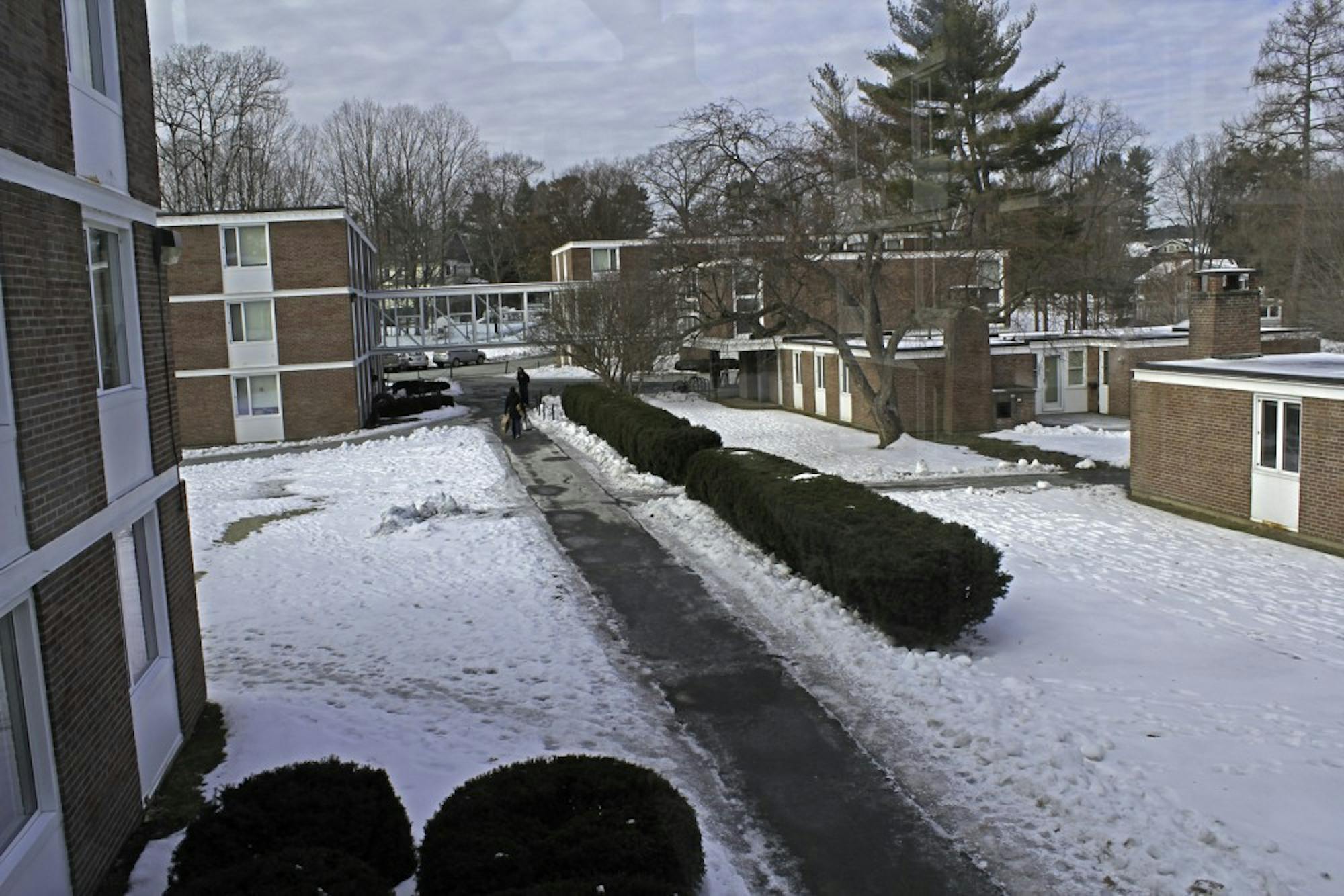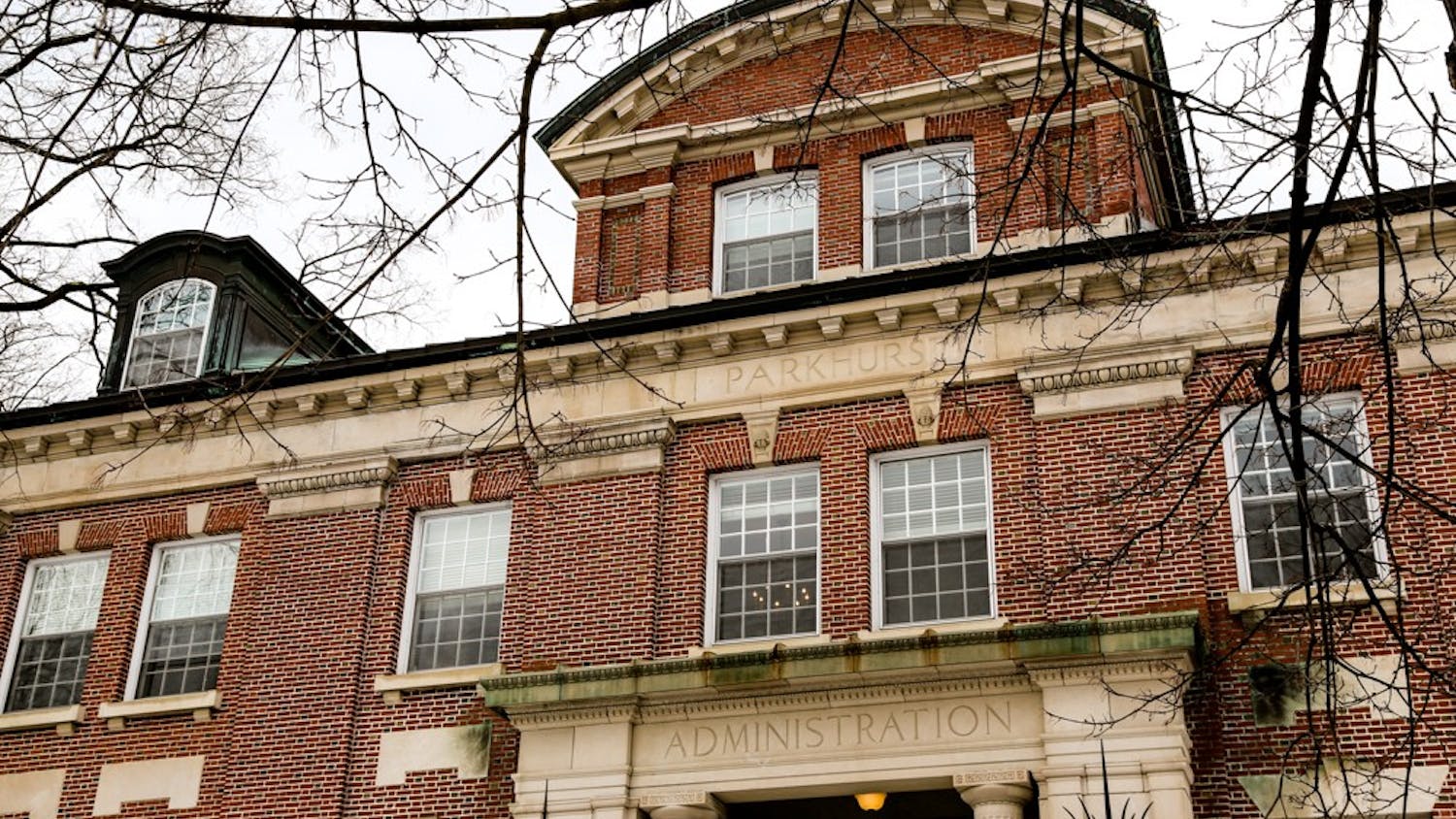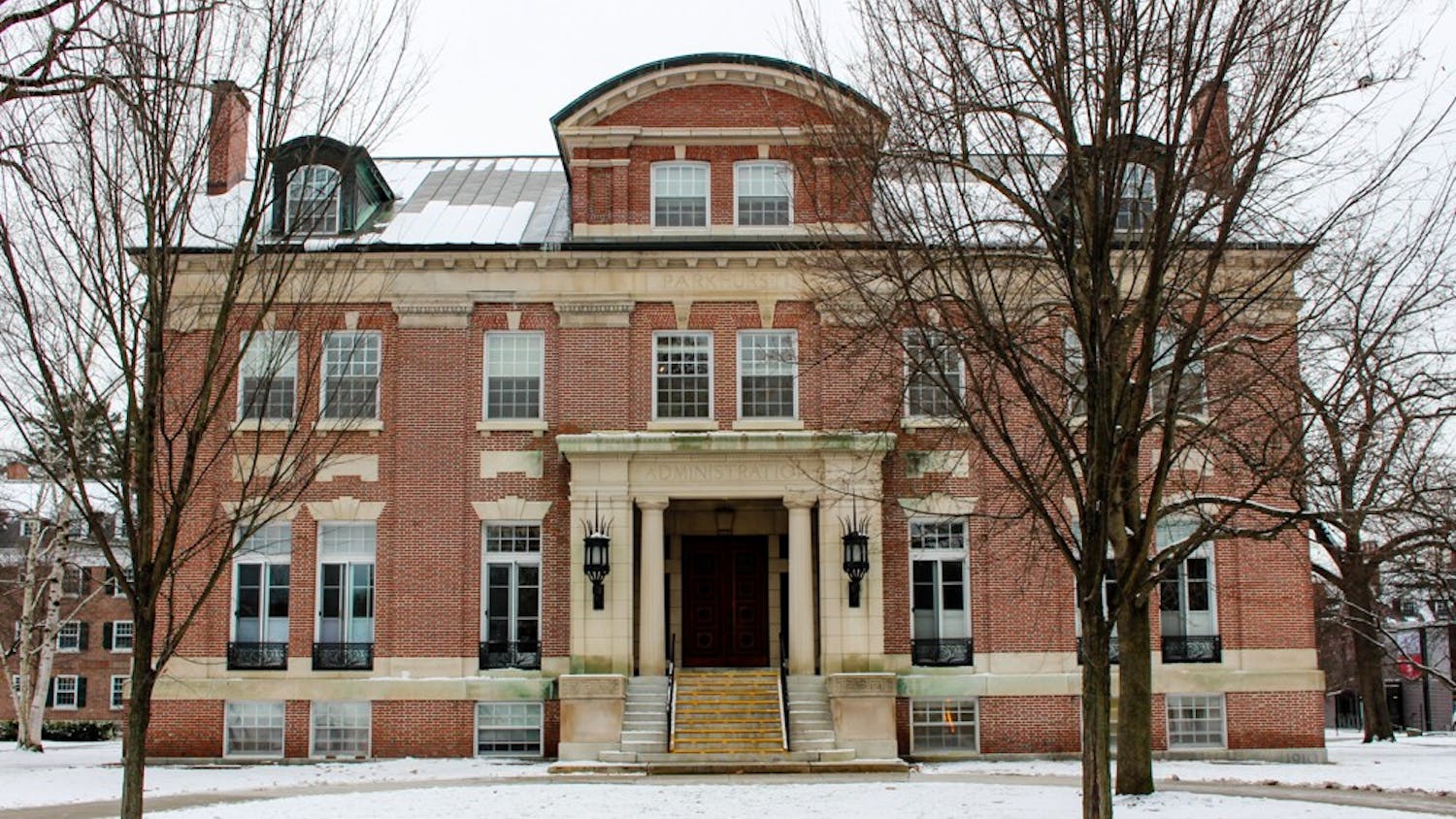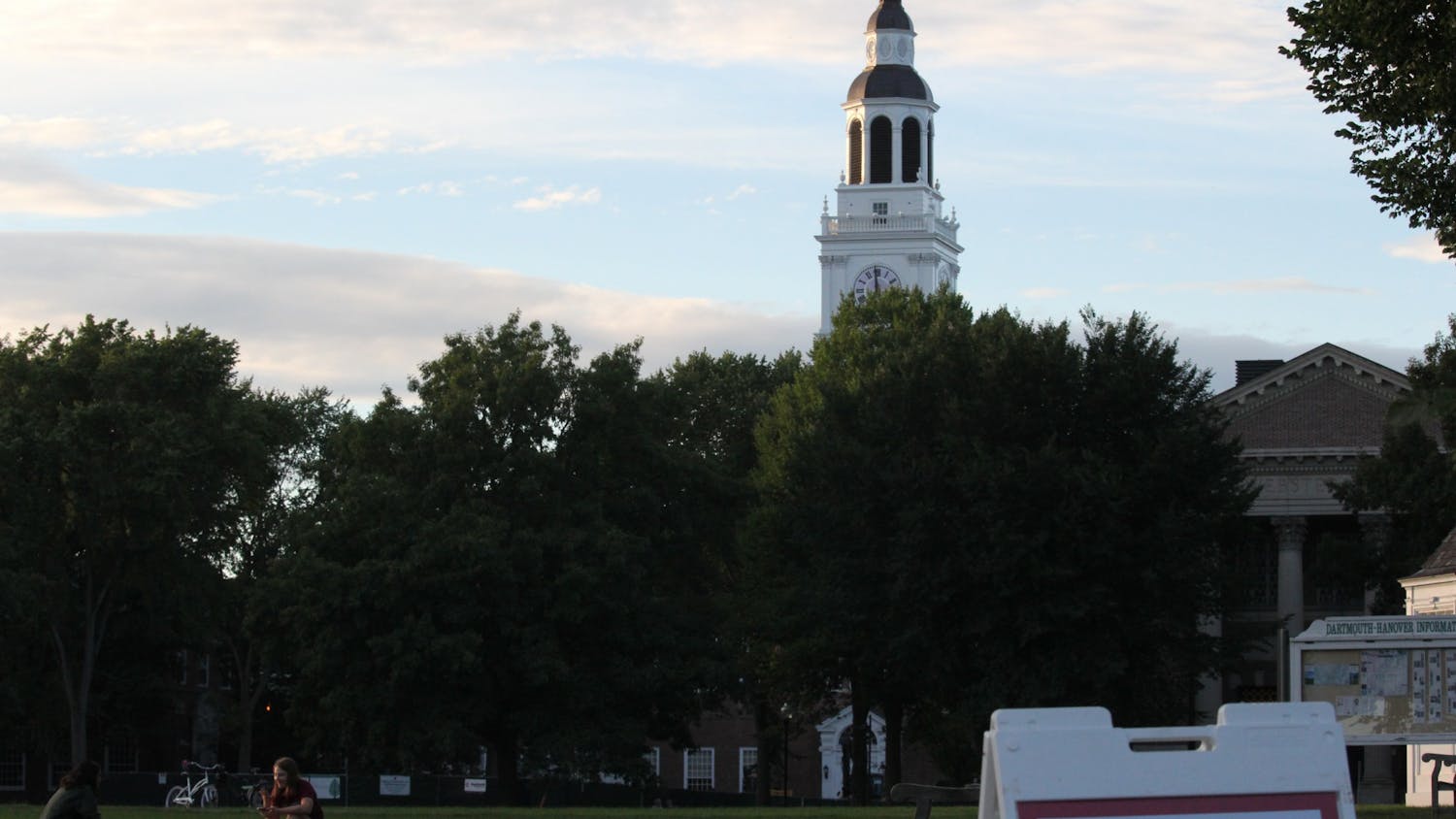Old dorms may finally be getting a facelift. In March, College President Phil Hanlon and the Board of Trustees put in place a policy aimed at addressing the College’s underinvestment in infrastructure by allocating a portion of additional endowment distribution to a new fund, called the Infrastructure Renewal Fund, according to a March 31 announcement from the Office of Communications.
Normally, roughly 5% of the endowment each year is used to fund normal operating expenses. Under the IRF plan, the draw from the endowment will be increased for “several years but at a gradually declining rate until it returns to 5%,” the announcement stated, starting with a 0.5% additional draw in 2022.
According to the announcement, addressing challenges to infrastructure under the pre-pandemic operating budget would have resulted in annual operating deficits greater than $50 million beginning in 2025. However, the Board’s decision to dip into the restricted endowment to fund the IRF enables the College to project balanced budgets for the next decade.
The IRF will allow the College to fix long-standing issues including “upgrading an outdated energy plant, renovating aging academic buildings and residence halls, building library storage facilities and updating IT systems,” according to the announcement.
Chair of the trustee finance committee Greg Maffei ’82 described the decision-making process for the fund as “long and arduous,” involving input from the finance and administration division within the College’s administration, Hanlon, Provost Joseph Helble and other members of the Dartmouth community.
Executive vice president Rick Mills explained that historically, the College has not built regular infrastructure upgrades into its annual operating budget.
“We know we need to invest in renewing, but we hadn’t built the revenue stream,” Mills said.
Maffei said that the projects the fund will address are “in many ways catchup for prior underinvestment in the plant of Dartmouth.”
In the past year, the College has faced budget operating deficits exacerbated by the pandemic, projecting a $91 million fiscal loss for 2021, $72 million of which is due to a drop in tuition, fees and room and board revenue. The other $19 million is due to additional COVID-19 expenses, such as testing and other measures.
$50 million of the deficit will be covered by “re-budgeting” in every school and every division of the College, according to chief financial officer Mike Wagner.
"Last summer, we asked each division to meet revised budgetary targets through non-compensation spending reduction and other steps appropriate to their division,” Provost Helble said in the announcement of the infrastructure fund. “Consistently, the community found creative ways to meet those targets."
The announcement also stated that although the IRF will not reverse budgeting decisions made this year, the fund will allow the College to begin to cover the projected shortfalls starting in 2023.
According to Mills, approximately 70% of the College’s endowment consists of restricted funds, which legally can only be used by the College for what the donor intended. However, Mills said that because renovating infrastructure such as residence halls benefits all undergraduate programs, the College can draw from undergraduate funds in the endowment and use them in the IRF.
“You can take a little bit of extra distribution and legally use it to invest in infrastructure renewal because that infrastructure benefits that [undergraduate] program,” Mills said. “What you couldn’t do is take, let’s say, money that was given to Tuck Business School, and use it to renew undergraduate residence halls.”
Maffei clarified that the goal of the IRF is for “long-term infrastructure investments” only, not yearly operational expenses.
Sophia Josephson ’23 affirmed that many of the residence halls are in need of improvements. While she said she “loved” living in the Choates last year because of the community it provided, she added that when the weather started to get colder, the temperature was “pretty much impossible to regulate.”
“It was either 1000 degrees –– so hot in our room –– or freezing,” Josephson said. “Our radiator would make all sorts of noises and essentially ‘scream’ in the middle of the night.”
Josephson added that although she had an “overall positive” reaction to the announcement of the IRF, she worries that renovations will not solve the shortage of housing on campus.
“Looking to fall, not everybody is going to be able to live on campus if people aren’t studying abroad, and people aren’t taking fall off,” she said. “It’s just not possible –– there’s not enough room.”
According to Maffei, while constructing new residence halls is not the priority of the IRF, the College may consider expanding existing dormitories.
“The priority is to fix the ones we have and to fix all the other deferred maintenance issues,” he said. “We could probably grow some of the existing residence halls … there’s no limitation on our ability to do new projects.”
Kristin Chapman ’24 is an English major and Spanish minor from Rye, New York. She currently serves as the editor-in-chief and previously wrote and edited for the News section. In her free time, she enjoys reading books, running, hiking and doing yoga.




